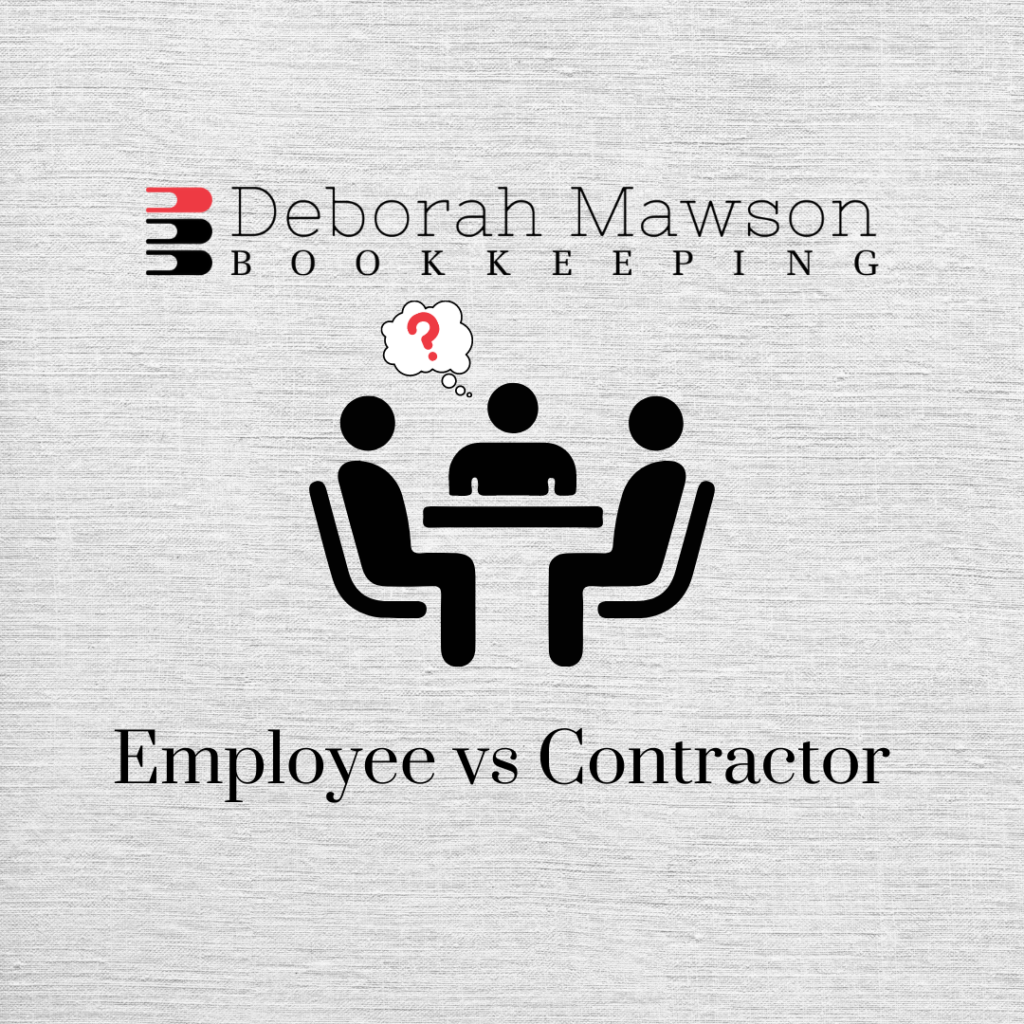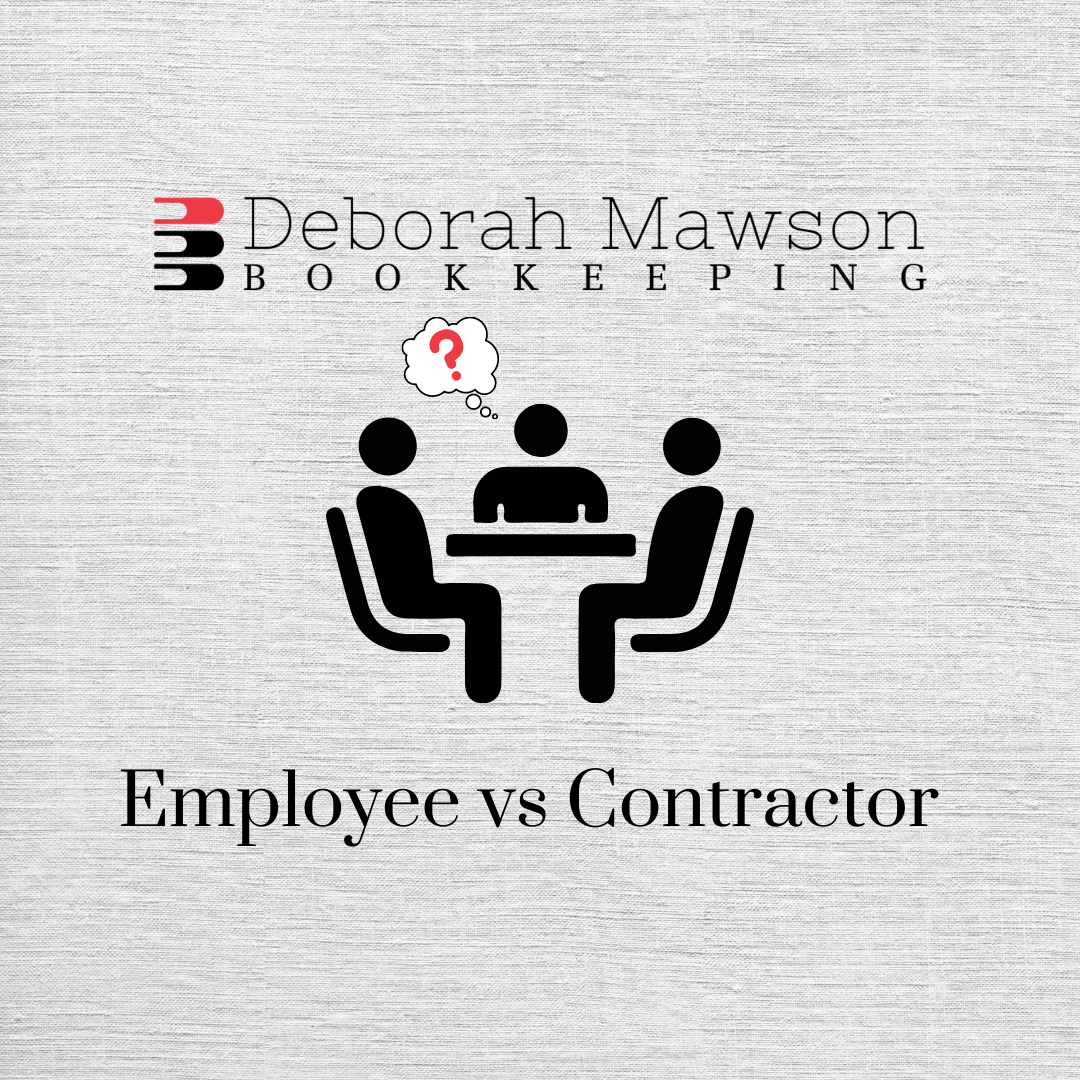Employee vs Independent Contractor

Who do I hire? Do you ever wonder what the difference is between an employee and an independent contractor? Understanding the distinction between the two is critical.
It is important to understand if a worker is truly an employee of yours. You cannot claim someone is an independent contractor and forget about taxes. In fact, there is a big difference between an employee and an independent contractor. Most importantly, the difference is in the withholding and payment of employment taxes.
For example, if you ever worked for another company, you know the company withheld taxes from your paycheck. The same is true in your own company. In addition to withholding income tax, social security tax, and Medicare tax, you also need to withhold any other state and local income taxes from the salary or wages paid to your worker.
In contrast, if you ever worked as an independent contractor, you know you were responsible for your own taxes. Again, the same holds true in your own company. If your worker is classified as an independent contractor, then you do not withhold any taxes from the amounts paid to them. This is exactly why many businesses prefer hiring contractors over employees.
Above all, to understand the details between an employee and a contractor you can consult the IRS guidelines.
Here is a chart to help you understand better who to hire.
| Employee | Contractor |
| An employee works at a specific place and time set by the employer. | The contractor operates wherever and whenever he/she would like. |
| The employer controls how to perform services (what will be done and how it will be done). | The payer has the right to control or direct only the result of the work and not what will be done and how it will be done. |
| The employee generally works for one company only. | The contractor can pick up contracts for multiple companies. Contractors make their services available to the public on a consistent and regular basis. |
| The employer provides work-related resources including tools, software, and training. | The contractor provides his/her own resources, expertise, and tools. |
| The employee usually receives either a salary or hourly wages with taxes withheld. | The contractor usually receives a flat fee or is paid on a particular project and pays self-employment taxes. |
| The employer has the right to discharge an employee. Employees have the right to terminate their employment without incurring any liability. | The contractor can incur liability if the job is not satisfactory. |
Additionally, in order to know how to correctly classify your worker and avoid misclassifying your worker, check out this original IRS PDF file. It is an important classification because it can have serious consequences for your business.
What not to do with contractors you hire
Firstly, it is a good idea to have things documented. Obtaining an invoice or a contract is helpful documentation. Secondly, there are several items to be careful not to do with contractors:
| ✔ Providing a designated co-working space |
| ✔ Paying a salary that is not directly tied to a specific set of projects |
| ✔ Offering benefits such as paid time off, insurance packages, etc. |
The distinction between the two can sometimes be blurred. Finally, as a precaution, checking with an attorney or CPA to determine the classification is always wise.
Hopefully, understanding the differences between an employee and an independent contractor will help you know who to hire. If you need help with your bookkeeping, you can reach out to Deborah Mawson Bookkeeping to give you a helping hand.
Please check out our other articles here: https://deborahmawson.com/blog/


